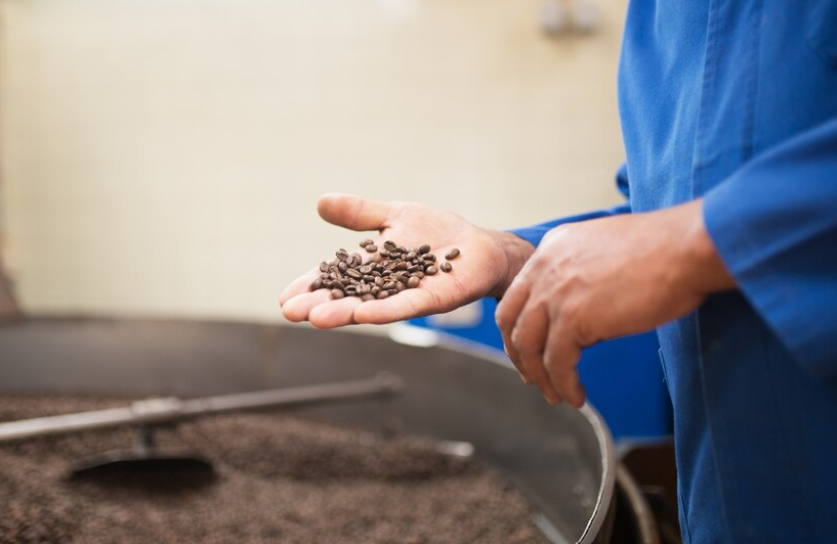Introduction: Understanding Organic Coffee
What Makes Coffee Organic?
Organic coffee is cultivated without the use of synthetic pesticides, herbicides, or genetically modified organisms (GMOs). This process requires adherence to stringent farming practices, using only natural fertilizers and methods to control pests. Organic certification ensures that coffee beans are grown sustainably, benefiting both the environment and consumers. This commitment to purity is transforming how we think about coffee, emphasizing quality and sustainability over conventional methods.
The Health Benefits of Choosing Organic Coffee
Cleaner, Healthier Coffee
One of the most compelling reasons to switch to organic coffee is its potential health benefits. Organic coffee is free from chemical residues found in conventionally grown coffee, which can accumulate in the body over time. Studies have shown that organic coffee contains higher levels of antioxidants, which play a crucial role in protecting cells from damage, reducing inflammation, and potentially lowering the risk of certain diseases. This clean profile offers coffee drinkers a healthier option, aligning with the trend toward wellness-focused food and drink choices.
Environmental Impact of Organic Coffee Farming
Sustainable Farming for a Greener Planet
Organic coffee farming has a significant positive impact on the environment. By eliminating harmful chemicals, Organic coffee farms help preserve biodiversity, protect soil health, and reduce water contamination. Organic farms also rely on shade-grown practices, which support a healthy ecosystem for wildlife. These sustainable farming methods contribute to combating deforestation and maintaining soil fertility, underscoring organic coffee’s role in promoting a greener, more environmentally friendly approach to agriculture.
The Unique Flavor Profile of Organic Coffee
Rich, Authentic Taste from Farm to Cup
Many coffee enthusiasts are drawn to organic coffee for its distinct flavor profile. Organic coffee beans are often grown at high altitudes and handpicked at peak ripeness, resulting in a richer and more complex taste. These beans are less likely to have the bitter or burnt flavors sometimes associated with conventionally grown coffee. Organic coffee drinkers often note its smooth, nuanced flavors that vary depending on the region of cultivation, making each cup a unique experience that celebrates the natural essence of coffee.
The Economic and Social Benefits of Organic Coffee
Supporting Ethical Trade and Local Communities
Organic coffee production often goes hand-in-hand with fair trade practices, ensuring that farmers receive fair compensation for their labor. This ethical approach empowers small-scale farmers, contributing to the economic well-being of rural communities. By choosing organic coffee, consumers are supporting fair wages, better working conditions, and more sustainable farming communities. The growing demand for organic coffee is also encouraging large coffee brands to adopt more ethical practices, helping reshape the global coffee industry toward a more equitable future.





